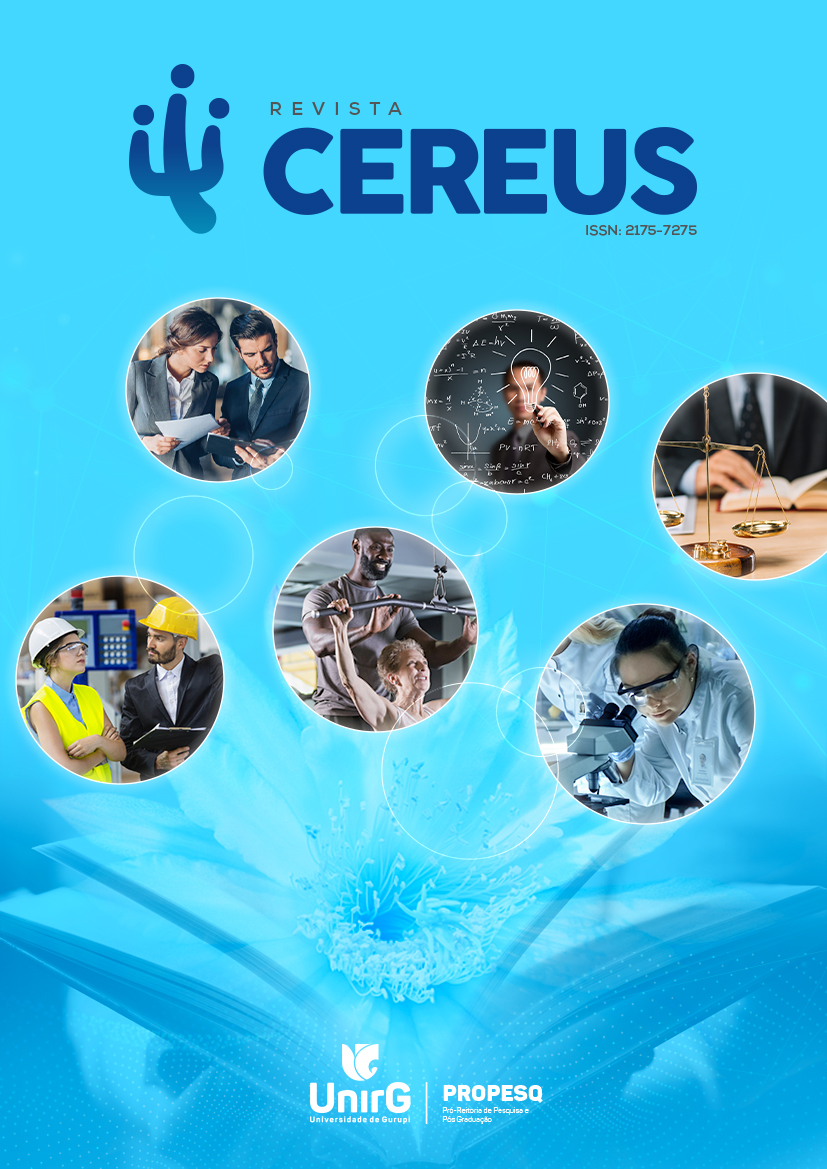O papel da Vigilância Sanitária na prevenção de crises de saúde pública: Desafios atuais
Resumo
INTRODUÇÃO: A vigilância sanitária é essencial para proteger a saúde pública, monitorando e controlando riscos que afetam o bem-estar e a saúde da população. O aumento de crises sanitárias, como a COVID-19 e a contaminação de alimentos, reforça a necessidade de um sistema robusto e integrado, que vá além da fiscalização, incluindo ações de educação, monitoramento de doenças e controle de produtos. METODOLOGIA: Trata-se de uma revisão integrativa da literatura. Foram utilizadas as bases de dados: BVS e SCIELO, além do operador booleano “AND”, o filtro de ano (2019-2023) e os idiomas inglês, português e espanhol. Sendo incluídos 10 artigos na pesquisa. RESULTADOS E DISCUSSÃO: A Vigilância Sanitária enfrenta desafios como a resistência antimicrobiana que sobrecarrega os sistemas de saúde. Outros desafios incluem as mudanças climáticas, a globalização, a emergência de novos patógenos a exemplo do COVID-19, o monitoramento de produtos, a mobilidade global de pessoas, limitações de infraestrutura, falta de profissionais capacitados e de tecnologia. CONSIDERAÇÕES FINAIS: A vigilância sanitária é crucial para a saúde pública, mas enfrenta desafios complexos em um cenário global dinâmico. Fortalecê-la é fundamental para enfrentar crises de saúde atuais e futuras, protegendo a população diante de ameaças crescentes e imprevisíveis
Copyright (c) 2025 REVISTA CEREUS

This work is licensed under a Creative Commons Attribution-NonCommercial-NoDerivatives 4.0 International License.
DECLARAÇÃO DE TRANSFERÊNCIA DE DIREITOS AUTORAIS
Os autores do manuscrito submetido declaram ter conhecimento que em caso de aceitação do artigo, a Revista Cereus, passa a ter todos os direitos autorais sobre o mesmo. O Artigo será de propriedade exclusiva da Revista, sendo vedada qualquer reprodução, em qualquer outra parte ou meio de divulgação, impressa ou eletrônica.


